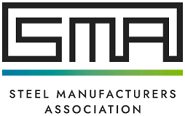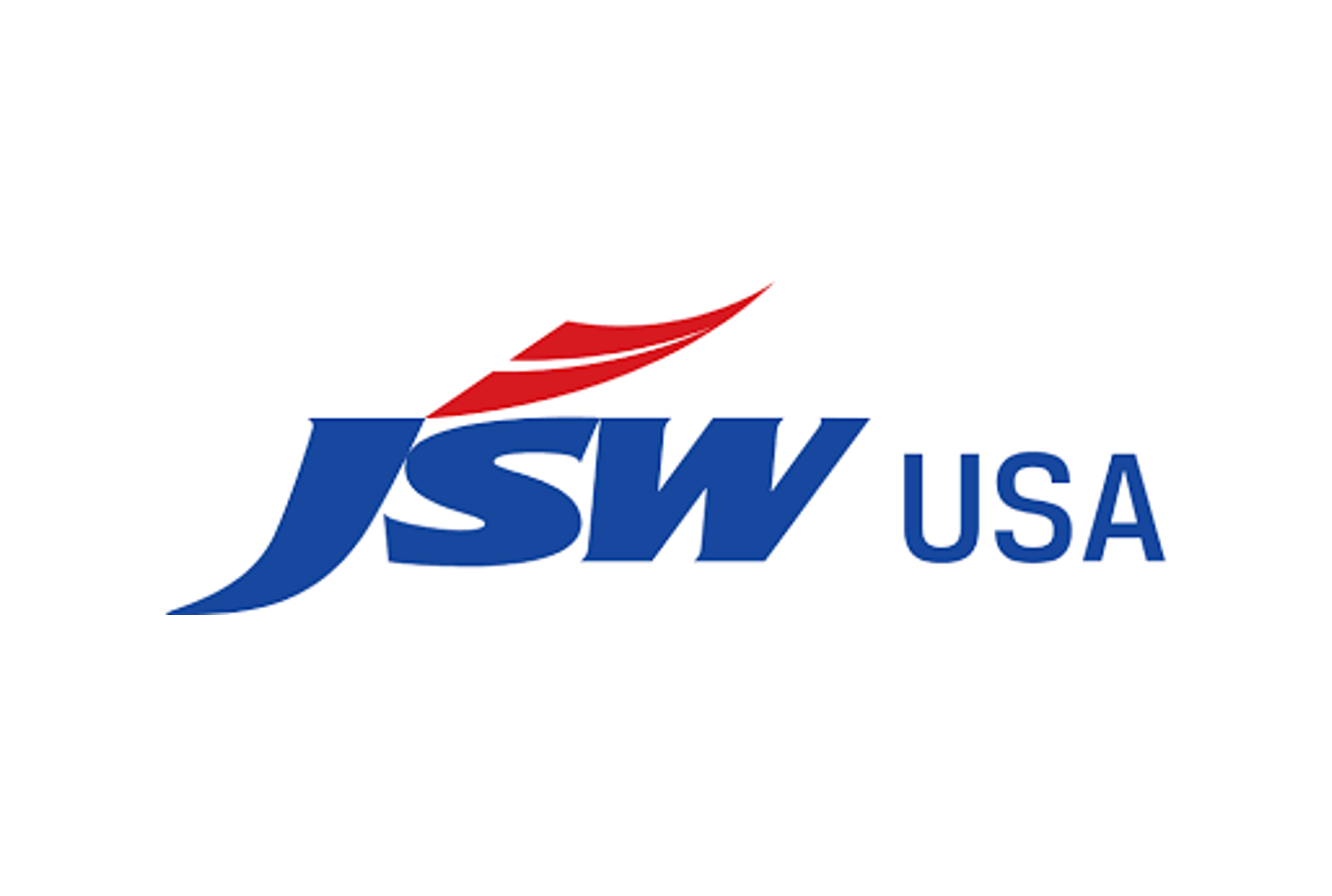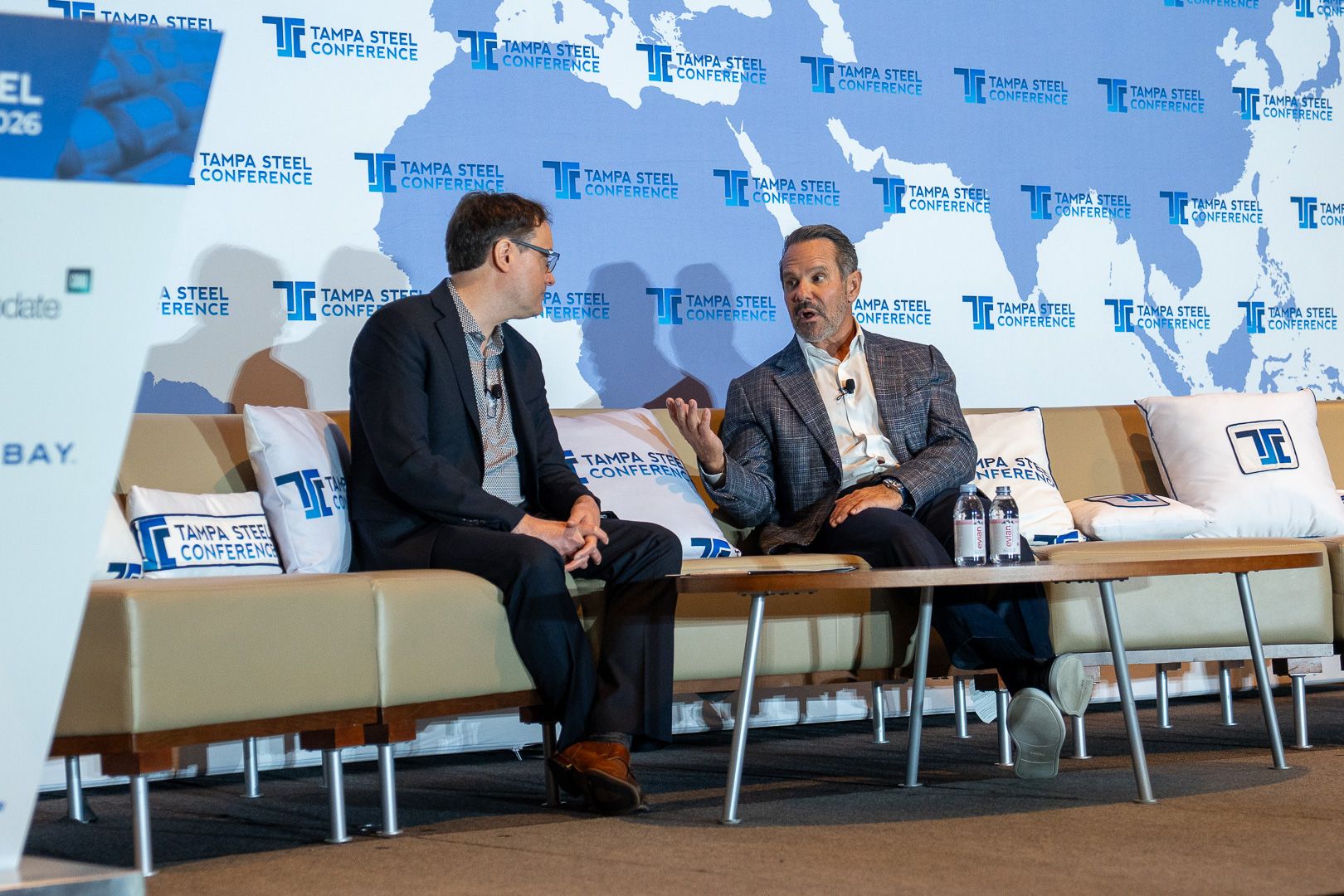Community Events

May 27, 2021
Bell: American Steel, a Force for Good in the World
Written by Sandy Williams
The United States leads the world in production of sustainable steel and doesn’t get enough credit for its performance in reducing climate-changing CO2 emissions, said Steel Manufacturers Association President Philip Bell, during during Wednesday’s SMU Community Chat webinar.
The minimill electric arc furnace is the preferred technology for lowering CO2 intensity. “The U.S produces over 70% of its steel via EAF while the rest of the world has about 30% EAF production,” said Bell. The use of recycled steel and direct reduced iron pellets gives EAFs a major advantage over traditional steelmaking and a competitive edge over the rest of the world’s steel production. By using natural gas and DRI, EAFs can reduce CO2 by 75% as compared to the blast furnace/basic oxygen furnace route, said Bell.
Electricity used in EAF production is getting greener every year as well through the increased use of renewable energy to power the nation’s grid.
“The American steel industry is a sustainability story,” said Bell. “Our changes will be incremental in nature while others are aspiring to reach the level of attainment we have.”
The transition to EAFs on a global level will put pressure on prime scrap availability and pricing, which EAF businesses will need to factor in when making expansion plans. SMA is concerned about certain schemes that could limit the free and fair trade of scrap. One example is a study that was announced in the EU to determine how much CO2 is generated by exporting its scrap. The U.S. sources a lot of scrap from Europe, said Bell, and any restrictions by the EU to limit exports may be against WTO rules.
When asked if the U.S. would ever put restrictions on scrap exports, Bell said it could be used to send a signal to the EU or China that “we won’t let them take advantage of us.”
The conversation naturally turned to the hot topic of Section 232 tariffs. Bell said the tariffs on steel and aluminum, which are in their third year, were necessary to limit unfairly traded imports and have allowed the U.S. industry to modernize and expand.
SMA is pleased that the tariffs will stay in place while talks are under way with the EU to come to a resolution on steel imports. “All tariffs have a shelf life,” said Bell, but it is a “tool in the tool kit” to be used to protect the domestic steel market. A mix of multiple strategies is needed, whether it be AD/CVD measures, Section 232 or border adjustment taxes.
Asked about the high steel prices and the call by manufacturers to repeal the tariffs, Bell noted that because of various exclusions and quotas, about 69% of the steel imports in 2020 were not even subject to the Section 232 tariffs. The pandemic was an “unprecedented black swan” event that caused supply chain disruptions and plummeting demand. The economy was much more resilient than anticipated and demand has come roaring back. The infrastructure bill now being debated in Washington could add further demand for steel over the next decade, said Bell, noting that steel is only one of a number of commodities that are seeing historically high prices due to the economic rebound.
Close to five million tons of new capacity is due to come on in the next year and another five million tons during 2023, which will help balance supply and demand, said Bell. In the meantime, the industry is experiencing phenomenal growth.
By Sandy Williams, Sandy@SteelMarketUpdate.com





